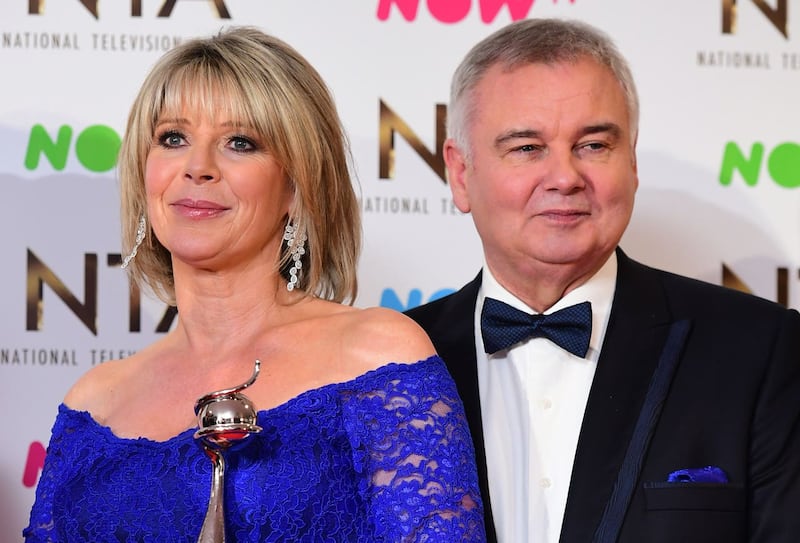OVER the last few years my social media has become increasingly inundated with Facebook and Instagram posts by old school and university chums looking dewy eyed as they hold up a newly pedicured hand sporting a dazzling diamond ring along with a caption that reads ‘I said yes!’.
As a committed singleton you’d be forgiven for thinking that weddings wouldn’t be my thing. Wrong! From the first glimpse of the beautiful bride to the heartfelt and often hilarious speeches (usually courtesy of the best man) and the exquisitely set tables and stunning flowers, I love it all. There’s just something exciting and enchanting about the day.
However, according to the latest estimates from the Office for National Statistics, the proportion of people aged 16 or older in the UK who are married or in a civil partnership has fallen below 50% for the first time, meaning fewer of us are opting to tie the knot than in previous generations.
Why do people get married? Because they fall in love is the obvious answer. Beyond that, for security, to raise children, to honour a formal commitment made in the presence of family, friends, community and, in some cases to solemnize a union before whatever God you may believe in.
However, in more recent times some have argued that marriage is an archaic tradition that has little relevance in today’s society. There appears to be a common view that you no longer need ‘a piece of paper’ to prove your love and commitment.
Journalist for The Guardian, Eva Wiseman, has suggested that due to the fact society has become more secular, people no longer need to marry in order to have sex, create alliances between families, acquire land, produce heirs or validate a pregnancy. She also heavily criticises the pomp, pageantry and price of a wedding, claiming that the ceremony is merely “a nice excuse to have cake”.
It’s no surprise that these pessimistic views are becoming more prolific, particularly given the type of media coverage marriages – or more specifically - failed marriages receive.
Take the recent separation of former This Morning presenters Eamonn Holmes and Ruth Langsford, whose marriage was widely perceived to be one of the strongest in showbusiness. Yet when their plans to divorce were announced in May there appeared to be genuine shock and surprise.
Just four months later Holmes was photographed in a wheelchair in Ibiza with his hand on the lower back of a woman nearly 20 years his junior. Holmes’s actions display a total disregard for the 14 years of marriage and 27 years with Ruth, a woman he previously described as “the missing jigsaw piece in my life.”

Holmes and Langford are just the latest in a long line of high profile couples to suddenly call it quits but it’s not just celebrity splits that have contributed to this idea of marriage being a relatively frivolous concept, reality TV and social media also have a lot to answer for.
For example, the new series of Channel 4′s smash hit Married at First Sight started on Monday. Blithely flouting the notion around the sanctity of marriage, the show involves two strangers getting hitched and subsequently moving in together. However, there is the proviso that if it doesn’t work out, then no worries, the marriage can be annulled at any point in the process. This suggests marriage is less of an institution and more of an illusion (and primarily for the purposes of entertainment).
Marriage, to me, is about making a commitment and affirming it in front those who are important to you, who can hold you accountable. In a society where the commitment-phobic are rife and the younger generations prefer to ‘live in the moment’ and cast aside anything inconvenient or difficult, I think marriage and its values are an anchor we still need to cling to otherwise we will be left more alone and adrift than ever before…








